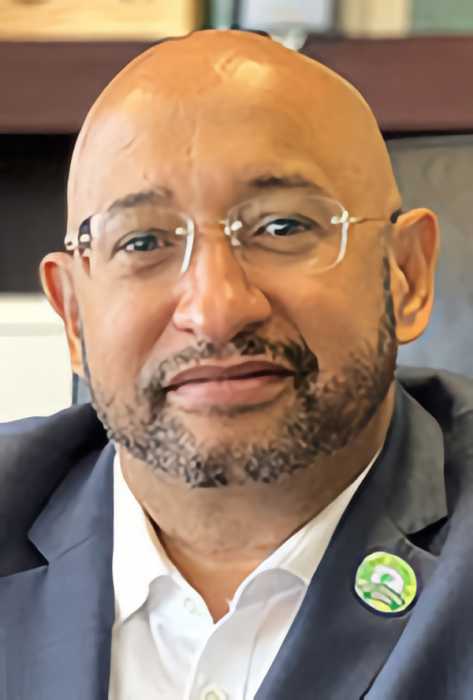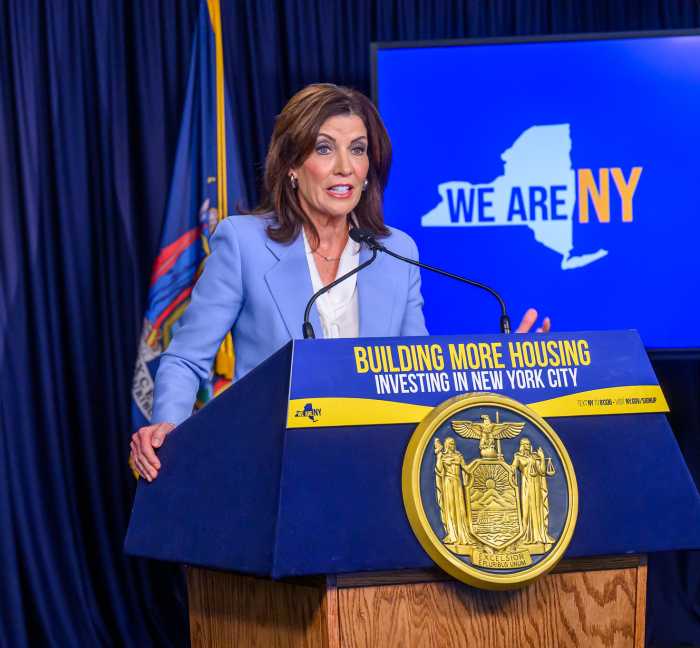The Public Advocate’s office on Monday called for additional funding for the City University of New York (CUNY) and a reduction in student costs.
In testimony submitted to the CUNY Board of Trustees at its hearing, Deputy Public Advocate of Education & Opportunity Daniel Garcia-McGuire said “the Public Advocate is concerned that systemic underfunding from the state and city has required CUNY to force students – a majority of whom are from low-income backgrounds, are people of more color, and graduated from our city’s public schools – to bear the brunt of the costs of attending our city’s public university system”
Garcia-McGuire also said that “the Public Advocate’s office will stand on the front lines with CUNY, students and faculty to advocate for long overdue funding and support.”
This hearing follows the release of a report last week by Public Advocate Jumaane Williams, which analyzes the current funding crisis faced by CUNY, while outlining solutions the city and state should implement to safeguard the institution’s sustainability.
“Systemic underfunding amid a period of massive enrollment growth limits CUNY’s ability to maintain educational and operational excellence and alleviate the financial burden of thousands of students, most of whom come from low-income backgrounds, are people of more color, and graduated from NYC public schools,” the report says.
“Over the past decade, per-student funding from New York State has dropped 18 percent, adjusted for inflation and enrollment growth,” it adds. “At the same time, the amount the state provides from the Tuition Assistance Program increased 11 percent, meaning more students attended CUNY using tuition assistance grants paid by the state that may not have covered the full tuition.
“Given these developments, CUNY students have been increasingly stuck shouldering the financial burden of attending an institution of higher education,” the report continues. “Though tuition remains relatively low for in-state students and CUNY students typically graduate with limited student loan debt, non-tuition costs – namely housing and food – can set back students and their families tens of thousands of dollars a year.”
During Monday’s hearing, Garcia-McGuire said he was testifying because “the proposed budget will require students at both senior and community colleges to pay an extra $200 per year.
“While this may seem like a drop in the bucket to many at this hearing, this isn’t the case for many CUNY students.”
He said 60 percent of CUNY students come from homes with incomes under $30,000 per year, adding that about “half are either housing or food insecure.”
“So, for these students, $200 can make a big difference,” the Deputy Public Advocate said.
Though the Public Advocate applauds CUNY for allocating funding for health and wellness services, Garcia-McGuire said having these programs funded through an additional $120 student fee is “not helpful, especially if it can’t be covered by tuition assistance.”
“For decades, CUNY has produced thousands of graduates who have demonstrated the value of their education, including the Public Advocate who is a proud alum of Brooklyn College,” he said.
“Now, CUNY is at a critical juncture, where the city and state can either protect the decades-long investment they have made in higher education or succumb to a system marked by low graduation rates, underfunded facilities and programming, limited economic mobility for students and anemic innovation,” he added.
“This budget season, the Public Advocate’s office will stand on the front lines with CUNY, students, and faculty to advocate for long overdue funding and support,” Garcia-McGuire assured.


























